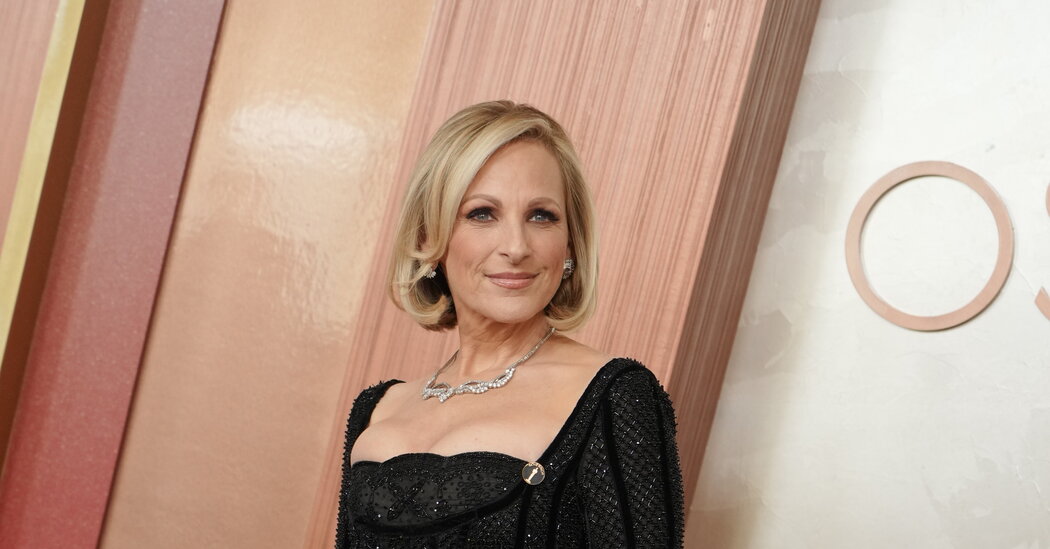Marlee Matlin made history at 21 as the first Deaf performer to win an Oscar for her role in Children of a Lesser God in 1986. Her win was a milestone, but it didn’t dismantle the systemic barriers faced by Deaf actors in Hollywood. Despite the spotlight, roles remained scarce, and it would take 35 years before another Deaf performer, Troy Kotsur, won an Oscar for CODA—a film in which Matlin also starred. Her early triumph did not translate into widespread industry change, reflecting the limited progress in representation over the decades.
A Deaf Woman’s Powerful Journey Of Pain, Healing, Resilience And Authentic Storytelling
The documentary, Marlee Matlin: Not Alone Anymore, delves into the emotional and personal battles Matlin has endured, including drug and alcohol addiction and an abusive relationship with co-star William Hurt. These revelations, previously addressed in her 2009 memoir, reemerge with deeper emotional context in the film. Matlin uses the documentary not only to recount pain but also to highlight her resilience and healing journey, showcasing her commitment to honesty and personal growth.

A key aspect of the documentary’s authenticity is that it was directed by Shoshannah Stern, a Deaf actress and filmmaker. Matlin insisted on hiring a Deaf, female director to ensure the story would be told through a lens of lived experience. The film avoids traditional voice-overs, opting instead for American Sign Language and captions, allowing viewers to experience the world as Matlin does. Stern’s goal was to challenge the norms of storytelling and amplify underrepresented perspectives in mainstream media.
Embracing Identity Amid Criticism: Matlin’s Evolving Relationship With the Deaf Community
Matlin’s journey through Deaf culture has been complex. Initially distanced from the Deaf community, she has grown to embrace it over time, though not without facing criticism. One major controversy was her choice to speak rather than sign while presenting at the 1988 Oscars. Matlin acknowledges the backlash and admits she lacked awareness at the time. Today, she recognizes the importance of Deaf representation and maintains that her choices reflect her individuality, emphasizing the right of Deaf people to live authentically.
The documentary also brings attention to the lack of accessible services for Deaf individuals, especially in areas like rehabilitation and mental health. Matlin underscores the urgent need for Deaf-run rehab centers and better insurance coverage for interpreters. Despite uncertainty about her next career steps, Matlin remains passionate and driven, expressing a desire to balance new projects with quality time with her family. Her granddaughter’s eagerness to learn sign language reflects the intergenerational impact of Matlin’s legacy.


